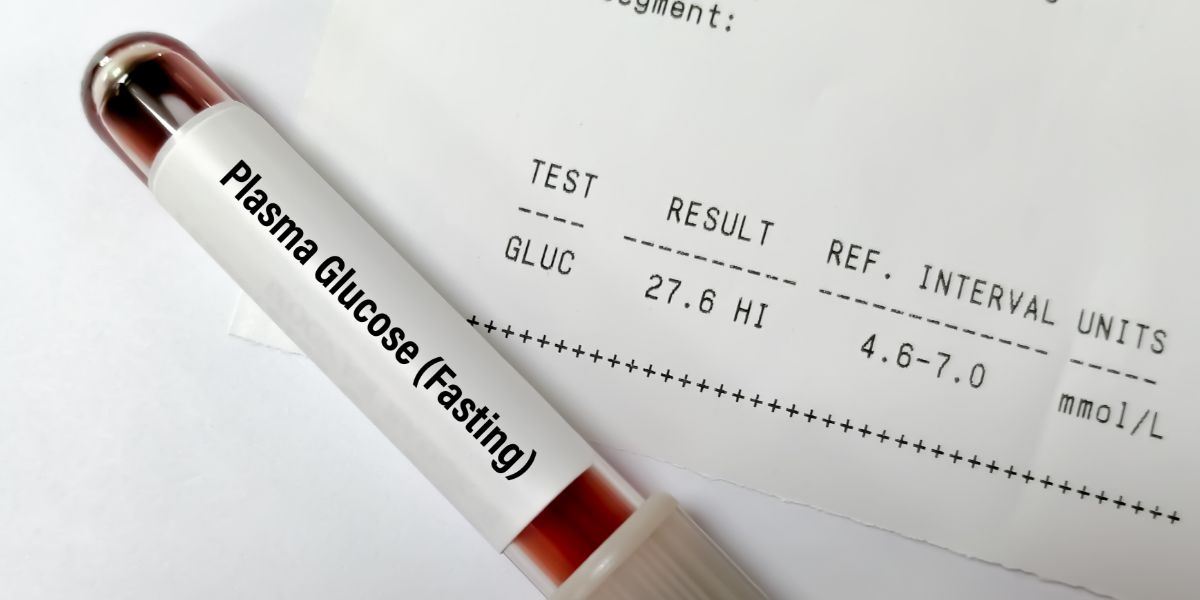Hypos can be trying on relationships. The way people with diabetes react to hypos can vary from person to person and the reaction can also vary from time to time.
Letting people know how you tend to react is often a good idea so people will know what to watch for and will be able to better understand what is happening should you go hypo.
Depending on the severity of the hypo, it can be difficult to maintain full composure, but if you can, try to recognise the concerns of those around you.
Friction over whether you are hypoglycemic
It can be frustrating if each time you feel stressed or upset your partner or a family member assumes it’s because you are low on blood sugar.
Sometimes they may be right whereas other times your blood sugar may be fine.
If you’re asked to do a blood test when you feel you’re fine you may think “Not again! It’s my diabetes, I’ll say how I control it.”
It may be your diabetes but diabetes can be a great strain on your friends, family and your partner. The closer they are to you, the more they’ll share your difficulties.
If they ask you to do a blood test, see it as an opportunity to repay their support and agree to do a test.
If it is low, you’ll be glad you tested, if it’s normal then you know you’re ok and your partner or family member will usually feel more settled knowing you’re not low.
Fear of hypoglycemia
There are a lot of situations where fear of hypoglycemia exists. It can be fear within yourself of the consequences of a hypo or it may be the fear felt by your family, friends, your partner or colleagues. One key to help is to prevent the hypos taking place. This may not be an easy task, but with commitment and conviction it is possible.
- Read more about fear of hypoglycemia
Bizarre or violent reactions to hypoglycemia
Hypoglycemia causes the brain to lack the sugar it needs to operate at 100% which can lead to diminished inhibitions.
Hypoglycemia may greatly increase your emotional response which can make you exceptionally happy, silly, worried, frightened, paranoid or angry. The effect can be strikingly similar to a person who is drunk.
Even people who are widely considered to be pleasant and peaceful can experience dramatic changes of character as a result of hypoglycemia. It is relatively common for people suffering from particularly low blood sugar to become violent and people who know you may be very surprised by such a Jekyll and Hyde-like behaviour.
Even though you may feel it wasn’t your fault, or even that it wasn’t your real self, be careful not to present hypoglycemia as an excuse.
Even the most saintly person will struggle to repeatedly deal with violent or irrational behaviour.
Whilst it may feel unfair to you to apologise for actions you may not have felt you had control of, be aware that your friend, partner or family member will also have a right to feel that it is unfair that they have been through an unpleasant situation.
They may feel shock and react against your reaction themselves. Recognise that they have a reason to be worried, even frightened, and help to reassure them.
Make a concerted effort to improve your blood sugar control. Bizarre reactions to hypoglycemia are commonly a result of a loss of hypo awareness.
You can find more information on regaining hypo awareness by reading our hypo unawareness guide
Hypoglycemia and sexual relationships
It should go without saying that hypos are an unwanted inconvenience when it comes to enjoying sex Having to put the love making on hold whilst you test and wait for sugar levels to rise can put a dampener on the mood. However, depending on how you and your partner feel about this, it needn’t curb your passion too much.
Sex is another area where it’s well advised to be open about your diabetes. If you’re not open and you go low on sugar whilst in the act, it could be a shock to your partner and take some awkward explaining and re-assurance.
As with any activity, hypoglycemia affects your ability to perform. If you feel you’re underperforming, it could be down to your sugar levels.
Hypos in men typically lead to short term erection difficulties, and unless there are other reasons for it, the problem should disappear as soon as sugar levels return to their normal range.






